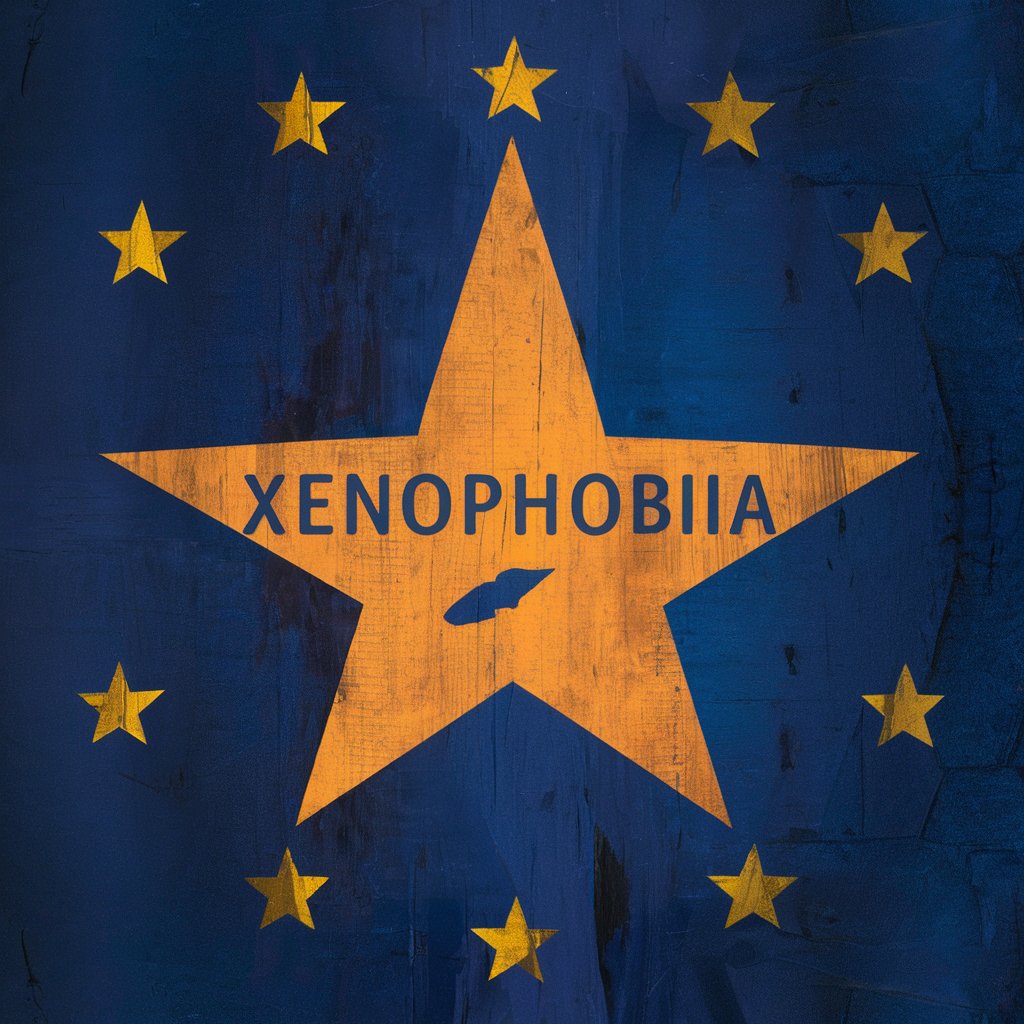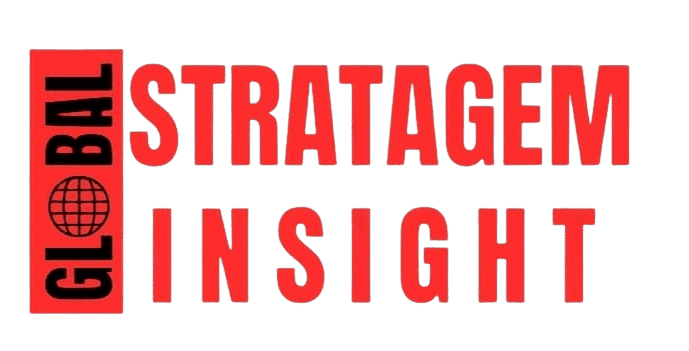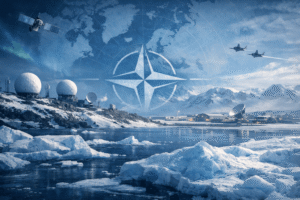Xenophobia And the Peace of Europe

The recent surge in racially and xenophobically motivated violence instigated against immigrants in the United Kingdom has made headlines around the world. The start of August has not been kind to the UK, as attacks on people of South Asian ethnicity orchestrated by far-right groups have left several injured. It was reported by BBC on the 29th of July, a mass stabbing at Southport resulted in the death of three little girls aged between six to nine and injured ten others. The salt on the wounds was added by a fabricated website article arguing that a Muslim immigrant was the prime suspect. Following such a claim, riots broke out in the UK targeting people of color and those of other ethnicities. According to the latest issued Eurobarometer, a means to measure public opinion of Europe there has been an increase in Xenophobic sentiments in Europe.
Xenophobia is a new term for a mass majority of audience in Pakistan. There are different ways of defining xenophobia. The most common definition is made by breaking the word into its two Greek counterparts, xenos meaning stranger, and phobia meaning fear, consequently, it translates into fear of strangers. It is important to understand the distinction between xenophobia and racism. The former is the hatred of people from another country regardless of their race and color and the latter is the belief in the supremacy of one’s race and can exist in the same country as well. Whether we define it one way or another, the real weightage must be given to the fact that it remains a formidable challenge for the policymakers in Europe to contemplate its causes and consequences and if not managed delicately would erode the long-lasting peace of Europe.
Comprehending the causes of xenophobia remains a puzzling case for scholars. Biologists, sociologists, psychologists, and economists shed different light on it. The biological basis for xenophobia is provided by the behavior of infants towards strangers even at the age of three months showing extreme fear of them. The evolutionary history of homo sapiens tells the existence of humans living in small groups of hunters and gathers with little to no contact with strangers. In the modern era of the nation-state system immigration is seen as stemming identity crisis, where it is hard for a nation to believe in the patriotism of people who either do not resemble their color or language. In times of stress, immigrants become a scapegoat. It is common for us to blame our inadequacy on others. For example, in a time of economic stress rather than blaming poor economic policies, immigrants are seen as a burden. History, as written in our books, points out that xenophobia is not unique to Europe.
Journeying from ancient to modern history we come across various shades of Xenophobia and racism in different cultures. In ancient Egypt, a different nomenclature was devised for strangers where Egyptians considered themselves modern. Similarly, in ancient Greek culture, the hub of knowledge and civilization regarded foreigners as barbarians and dangerous. Arabs used to call people who speak different languages as mute underscoring their pride in the Arabic language. During the teething years of America, African slaves were considered highly alienated . Nazis in Germany exceeded all the limits and even tried to produce scientific shreds of evidence proving Jews, and Blacks as lower and worthless races. For most of history, however, the world has been mostly euro-centric.
Although, with a gloomy past Europe of today has enjoyed a significant period of peace in the post-Cold World War era. Europe of past was extensively divided; it saw the rise and fall of many different empires and has remained in a state of war that intensified the differences and created an unknown perceived fear of other groups. Whether, it was the Peloponnesian Wars, the eighty-year war, the thirty-year war, WW-I or WW-II the past of Europe has been nothing short of a chaotic jungle. However, all of it was changed with the inception of the European Union (EU) which converted this jungle of lawlessness into a zoo of more coordinated nations. Even in the contemporary age, it is the most peaceful region of the world with free movement of masses and produce. But this peace is under extreme pressure as the demographics have been altered significantly.
Simply put, Europe cannot prosper without immigrants. Naturally, the land of Europe has been fueled by workers and resources from the global south. This natural divide was also the paramount cause of colonization and imperialism where powerful and literate Europeans harvested cheap raw materials and labor from the global south and turned Europe into a world factory. But now the world is changing especially due to globalization. The birth rate in Europe is notably low compared to Asia which is severely overpopulated. The average birth rate in Europe is 1.46 lives birth per woman. It is as high as 3.3 in Pakistan. Also, a major portion of the European population is aging with little to no capability to turn the wheel of the industry. Just for a comparison the median age in Europe is 44.5 and that of Asia is 32.1 years. Therefore, they need young labor from Asia and other continents. However, every coming year is seeing a decline in the acceptance rate.
The problem is that many European states lack the tradition of cultural assimilation. There is also a rise in the popularity of right-wing political parties in Europe. In Italy, Finland, Hungary, Croatia, Czech Republic, and Slovakia the parties in power are right winged. Brexit in 2022 was a significant blow to the union of Europe as well. The rhetoric of anti-immigration in Europe is becoming a pain for the policymakers.
Policymakers are subjected to a hard task but not an impossible one. They have to make sure that Europe continues to derive power from workers of the south and the same time ensure these immigrants their due rights and protection. The contrasting condition can be a final nail on the coffin taking the peace and success of Europe six feet under the ground.



